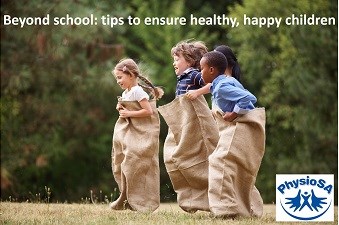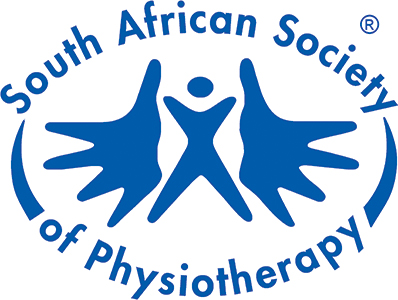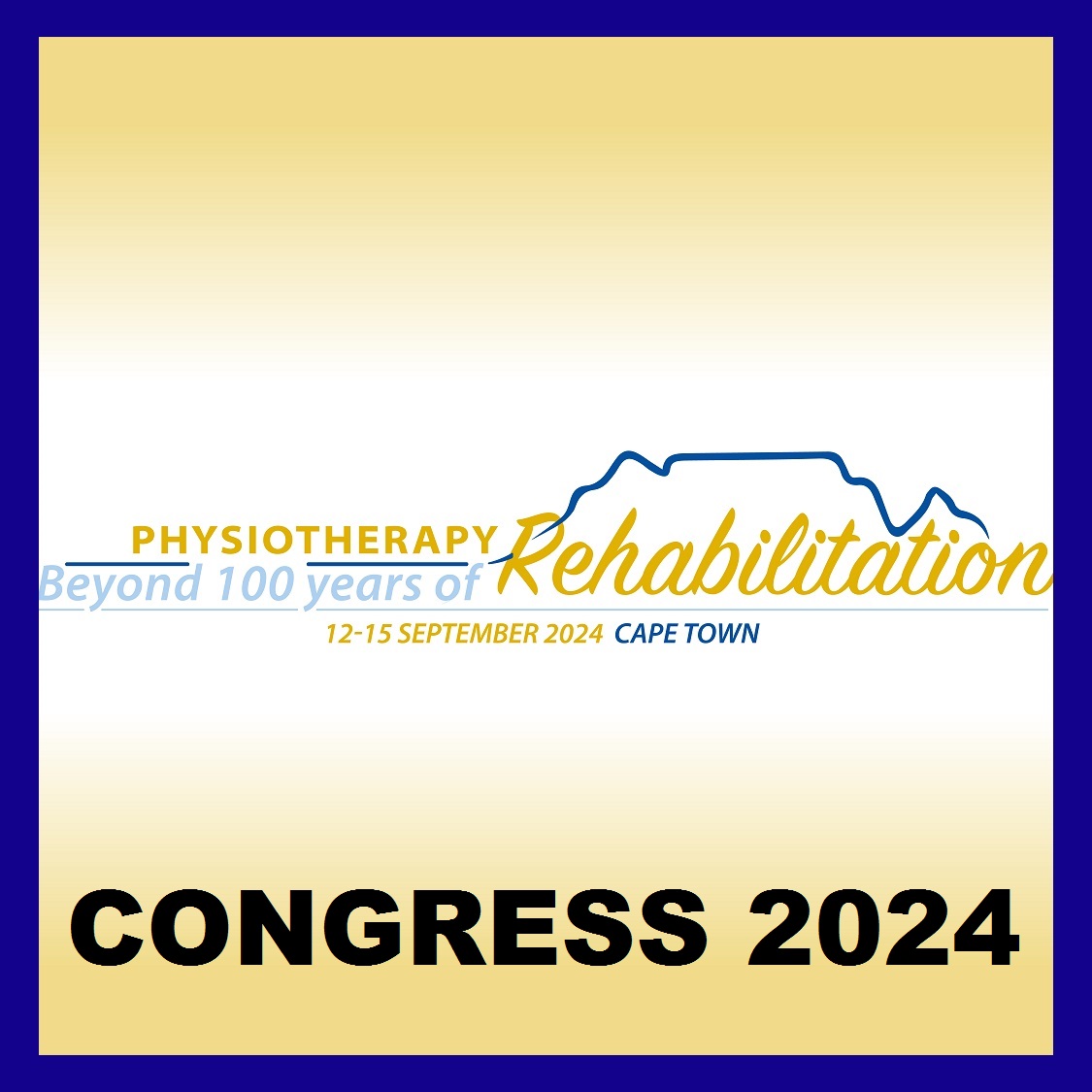
Want your children to do their best at school, to enjoy the experience, to learn and question and grow into healthy, capable, balanced adults? The things you do with them outside school hours can make a huge difference to how well they cope in school.
Tips for 21st century parents:
1. Encourage engagement in sport
“The habit of regular exercise should be learnt young – that way it stays with you lifelong,” says Chantelle van den Berg, chair of the South African Society of Physiotherapy Paediatrics Special Interest Group. “If your school doesn’t offer a sport or activity that suits your child, look outside. A child can build physical strength through swimming, dancing, kicking a ball around or even helping granny in the vegetable garden – as long as it’s regular!”
2. Sleep matters
Children need a good eight to ten hours sleep. Get them into the habit of sleeping at the same time every night and avoid prolonged tussles! Manage the use of devices to ensure good sleep: “Remember that screens (TV, phone, computer, tablet) emit a light that can ‘wake up the brain’ and make sleeping harder, so turn them off a good hour before bedtime (phones should be charged outside the bedroom),” writes Dr Claire McCarthy of Harvard Health Publications.
3. Play matters, too
Hurried, busy lifestyles with loads of after-school activities have reduced the time available for children to simply play – and that’s a problem. Play “contributes to the cognitive, physical, social, and emotional well-being of children and youth”. (The Importance of Play in Promoting Healthy Child Development and Maintaining Strong Parent-Child Bonds, Kenneth R Ginsburg, January 2007)
Schedule ‘unscheduled’ time, time for nothing except rolling down a grass bank, playing with a cardboard box, making a play-play meal for the dog, letting the child’s imagination soar…
4. Take it outside
Our children are spending more and more of their time indoors, which is not ideal. Outdoors – the natural world – is full of stimuli such as colours, scents, textures and sounds, which help the brain develop. In addition, “outdoor light stimulates the pineal gland, the part of the brain that regulates the ‘biological clock’, is vital to the immune system, and makes us feel happier,” writes Rae Pica in EarlyChildhoodNews.







